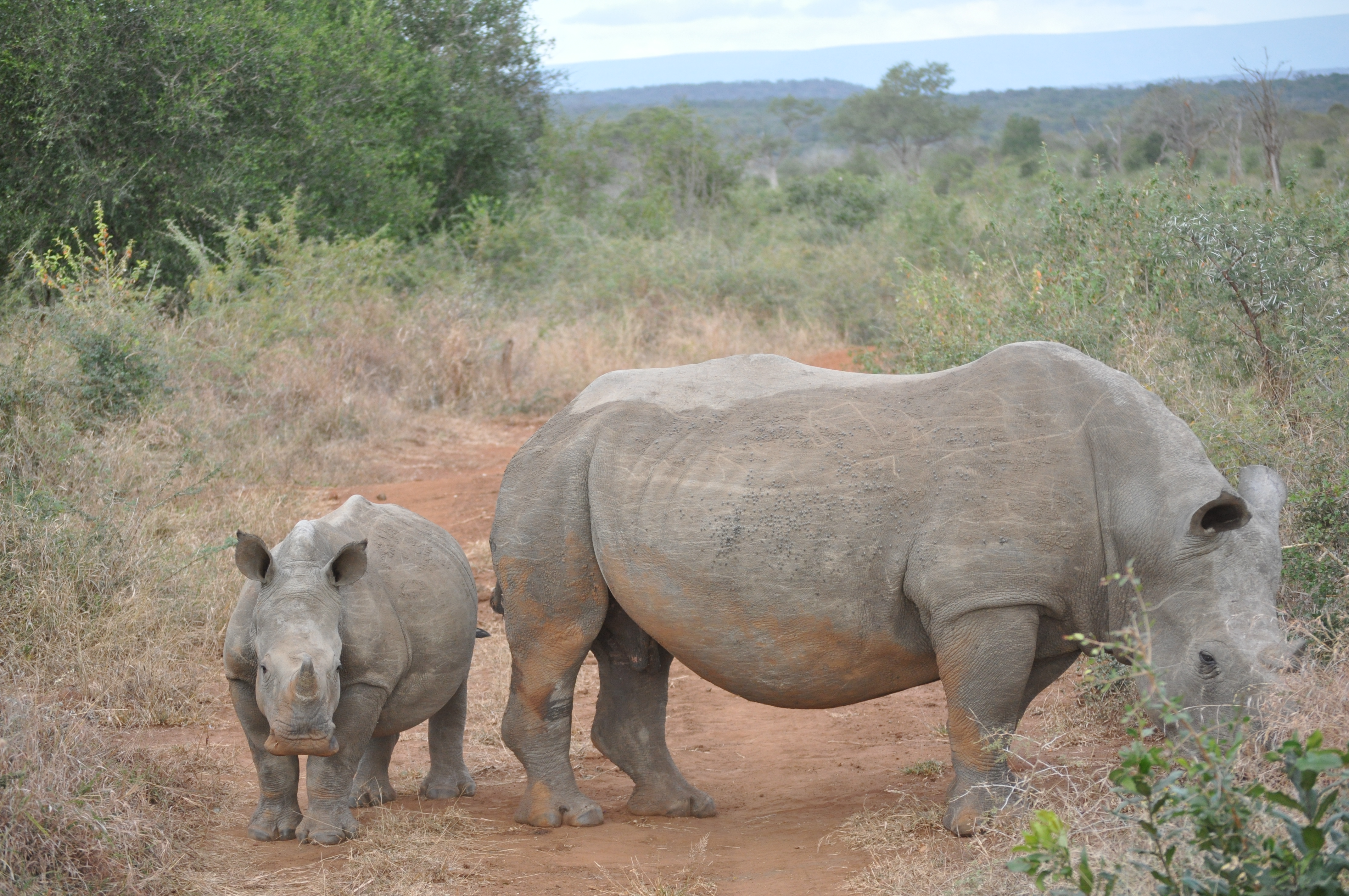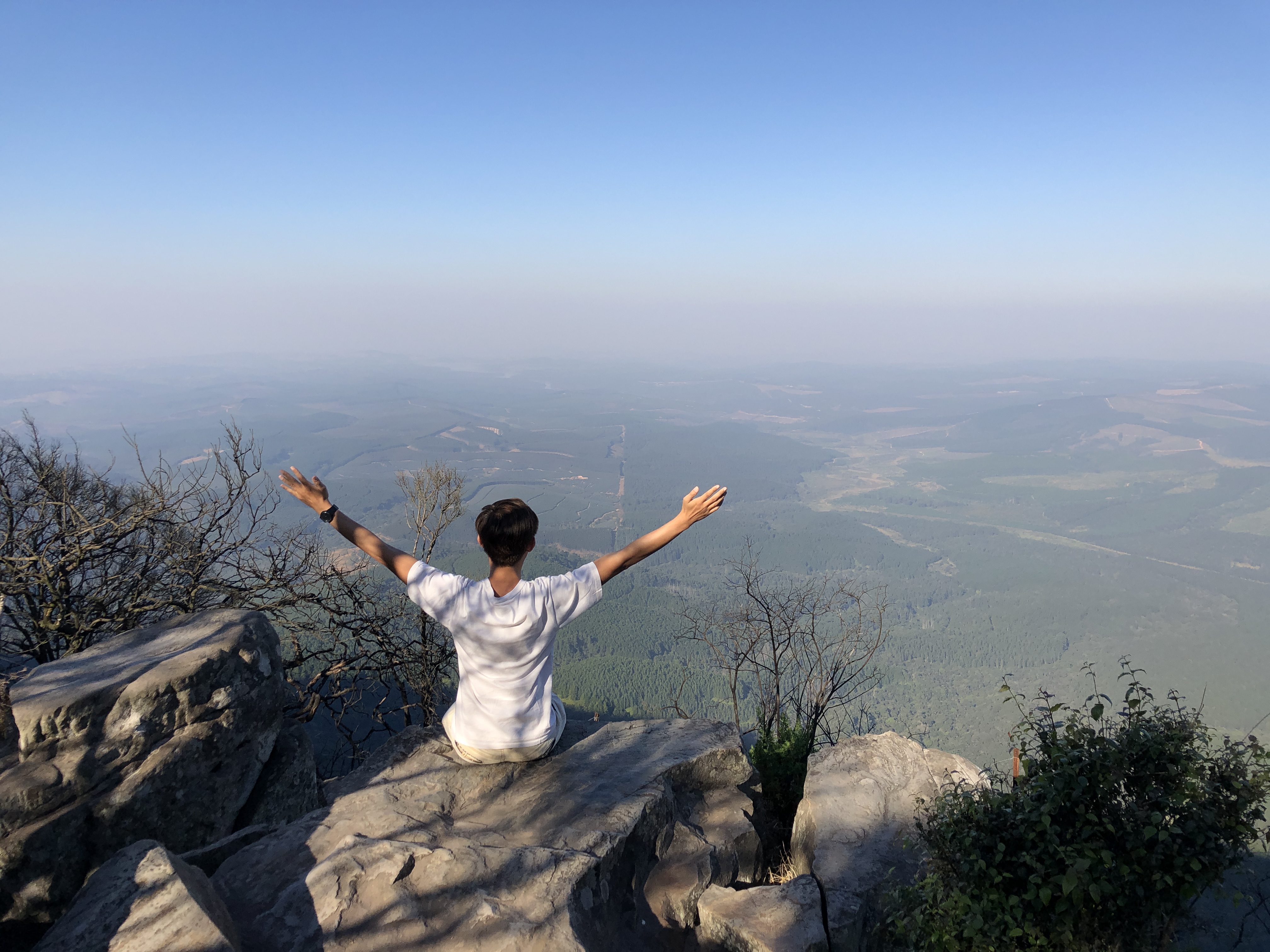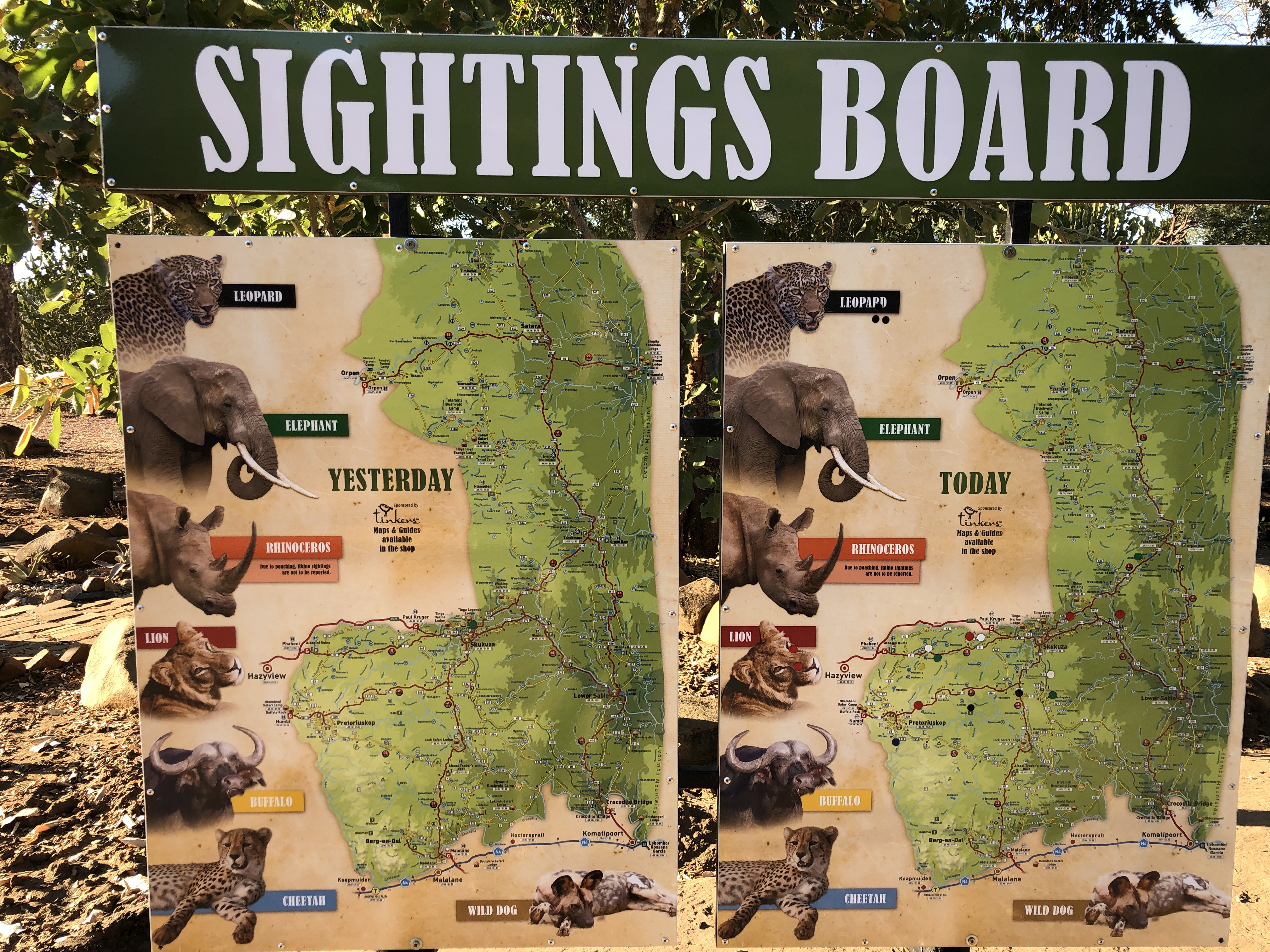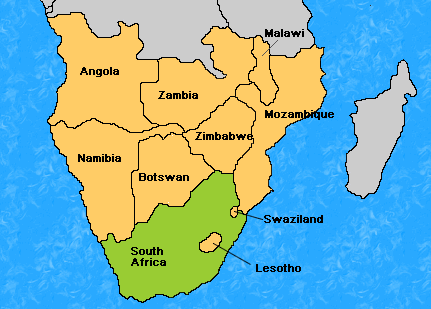
Any trip to Africa would be incomplete without a safari tour. The same goes for Eswatini, despite its small size and that we had just come from South Africa Kruger National Park, we decided to visit Mkhaya Game Reserve. This time, I would not be the one driving and we could sit in a jeep with a tour guide to show us around.

The country is not large enough to offer lots of big game experiences, but it has some 17 protected areas which are home to a very wide range of species, including the sought after ‘Big 5’.

Getting to the game reserve was a bit of a distance because our lodge was located one hour away. We set off around 8am from our hotel and hoped to reach Mkaya in time for the tour. Due to its exclusivity, we had to make advanced reservations over the phone. We finally got confirmation in the morning before setting off. Someone from the game reserve would pick us up at the entrance. Another option is to go to Hlane Royal National Park if the former was not available for the day.

Big Game Parks acquired Mkhaya in 1979 in order to protect the country’s last indigenous Nguni cattle. As the reserve expanded so did its ambitions. Today it is a sanctuary for endangered species and home to other large mammals that once roamed Eswatini freely. White rhinos are common and black rhinos, though more elusive, are still often seen. You should also find giraffe, zebra, hippo and warthog, plus Eswatini’s only herd of buffalo. Roan, sable and tsessebe are among the rarer antelope, with wildebeest, kudu, impala and nyala all abundant. Leopards are only occasional visitors, but you may hear spotted hyenas at night and crocodiles are often seen lounging around the main waterhole. Back in camp the excellent birdlife includes such specials as narina trogon, pink-throated twinspot and crested guineafowl, while nyala and even a few shy suni browse around the camp. After dinner listen for the fragile whistle of fiery-necked nightjars, the unearthy shriek of greater bushbabies and the whoop of spotted hyenas.

Our guide’s name was Africa, an apt name because he represented the whole continent. He was a friendly guy with knowledge about the different kinds of animals and he constantly radioed his colleagues so that they could send him coordinates of the elusive rhinos. He had set expectations about not seeing all the big animals or that the rhinos were hard to find.
From the main entrance off the dust road, we had driven our trusty rental car along a rocky path to reach an electric fence. By right, we were supposed to wait at the carpark while the guide came to escort us to the game reserve. Since we had driven about one kilometre inside, Africa then told us to park our car at the farm area. We were served welcome drinks and then our tour started.

At the beginning, we saw the herbivores such as deer, antelopes, nyala, impala etc. As we drove further into the savannah, we started to see other animals such as crocodiles, hippos and finally the first hippo spotted!

Our guide was telling us about how to differentiate between the white and black rhino, in terms of their dung, the size of their mouth and the type of plants that they feed on. It was interesting to learn how the males would mark their territory with their dung while the females did not mind doing their business anywhere. The females are protective of their young and would follow them closely. Rhinos are quite blind but have a strong sense of smell.

So when the exciting part came for us to do a simple walking safari to get closer to the rhinos, we were ready. Our guide brought us around the rhino from behind so that they would not pick up our scent when the wind blew. We were about 5 metres away from these animals and they just looked so cute from afar. It is so sad to hear about poachers killing the rhinos just for their horns, to satisfy the rich tastes of buyers from as far as China. The horns do not have proven scientific medicinal value, but it is the demand of such stuff in traditional Chinese medicine that causes the poor rhinos to suffer the consequences.

After the first few hours, we arrived at Stone Camp for lunch. It is a comfortable bush camp set along a dry riverbed, flanked by riverine forests alive with colourful birds, nyala, suni and bushbabies. Rhinos may make their occasional appearance too! With half walls and a tall thatch roof held up by stone pillars, our unique semi-open units enhance affinity with and aware of nature. Set menu meals are in keeping with the surrounds, served around the campfire, under the giant sausage tree or in the dining area in wet weather. Despite the occasional flies hoovering over our food, we still enjoyed this unique dining experience.


Since the weather was good, we had lunch under the tree. We were served salad, followed by a main course of half portion chicken and half portion pork with rice, and lastly desserts. It was a wonderful meal, to be able to dine under the great outdoors. Guinea fowls and nyalas walked past us casually. We also saw nyalas heading to the courtyard to feed on food scraps given by the staff.

After the sumptuous lunch, we continued on our tour. We went further up to the highlands area to see more rhinos. A mother and son pair were wanderly around the low bush. We caught them in their tracks and admired them from a distance. They were oblivious to us and seemed to be enjoying the afternoon sun.

Mkhaya is staffed and patrolled entirely by Swazis from neighbouring communities and currently boasts what is arguably Africa’s most effective anti-poaching unit. It is totally self-financed through visitor revenues. The cost for a day visit is E880 (~S$72 ) which includes lunch. We would highly recommend this tour to those interested in visiting a game reserve. The day tour is from 10am to 4pm, which includes a game drive and a full lunch.

Essential Information:
- Please note pre-booking is essential;
- No children under 10 years;
- There are fixed entry and exit times of either 10am or 4pm depending on your chosen package.
- The meeting point is not staffed and guests are met by prior arrangement only.
- Cottages need to be booked prior to arrival at Big Game Parks
- Rooms start from E3270 (~S$300) per night
Address: Mkhaya Game Reserve is located along the MR8 road, just key in the name into GPS.


